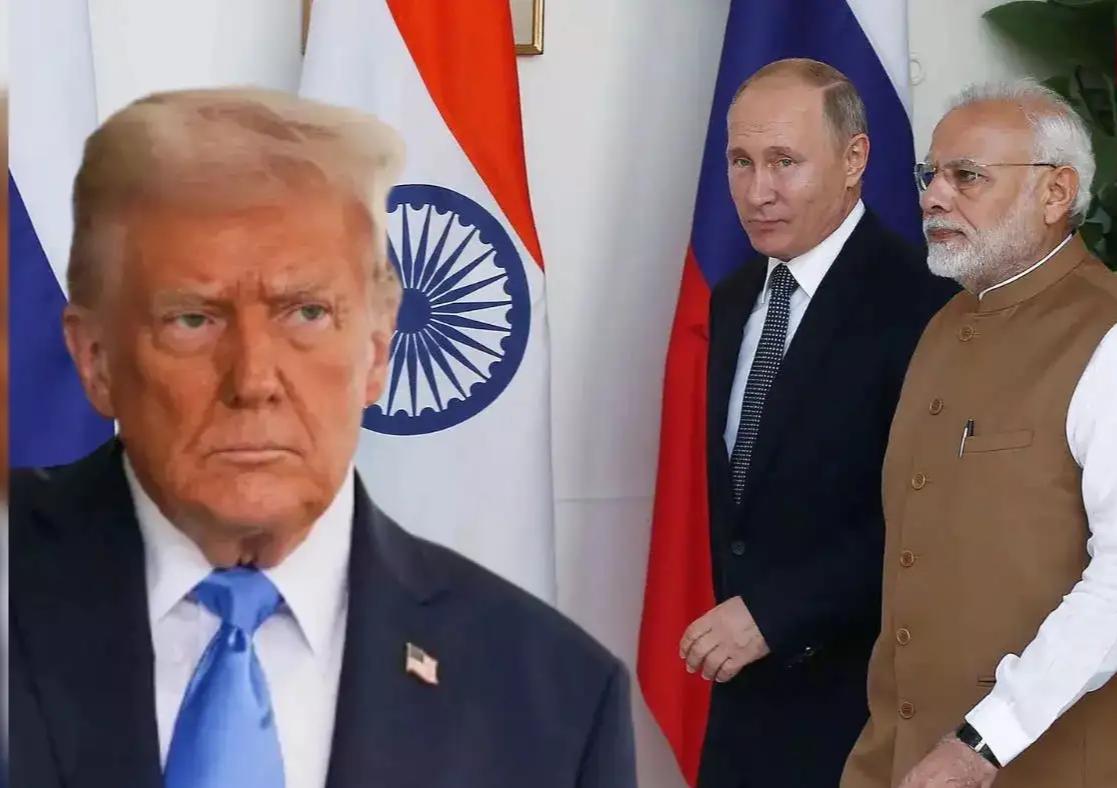India has reportedly reduced its Russian oil imports by 50% following high-level discussions with the United States. The move reflects growing energy cooperation and geopolitical alignment between the two nations. While state refiners scale back purchases, private players remain active, balancing diplomatic pressure with domestic energy needs.
India’s Energy Shift: Russian Oil Imports Halved Amid U.S. Diplomatic Pressure
In a significant geopolitical development, India has cut its Russian oil imports by 50%, according to a statement from a White House official. The reduction follows productive discussions between Indian and U.S. officials, aimed at aligning energy trade with broader strategic interests and sanctions compliance.
Key Highlights from the Announcement:
Strategic Dialogue Outcomes
The White House confirmed that ongoing bilateral talks have led to India’s decision to reduce Russian crude purchases.
These discussions focused on energy diversification, sanctions enforcement, and regional stability.
Tariff and Trade Pressure
The U.S. has imposed 50% tariffs on Russian oil, prompting Indian refiners to reassess sourcing strategies.
President Donald Trump claimed that Prime Minister Narendra Modi assured him of India’s commitment to phase out Russian oil imports.
State vs. Private Refiners
While state-run refiners have begun scaling back Russian crude intake, private companies like Reliance Industries and Nayara Energy continue to import at higher volumes.
Nayara, partly owned by Russian entities, remains a key player in Indo-Russian energy trade.
Gradual Reduction Strategy
Indian officials emphasized a phased approach to avoid market disruptions and domestic inflation.
The government has not issued a formal directive but is encouraging refiners to diversify sources.
Energy Security Considerations
India remains cautious about maintaining stable fuel prices and supply continuity, especially ahead of the festive season.
Alternative sourcing from Middle Eastern and U.S. suppliers is being explored.
Global Implications
The move signals India’s balancing act between strategic autonomy and global partnerships.
It may influence other nations navigating similar pressures amid the evolving energy landscape.
This development underscores the growing U.S.-India strategic alignment, especially in energy diplomacy, while highlighting India’s nuanced approach to balancing global expectations with domestic priorities.
Sources: Times of India, India Today, Moscow Times

